Physical Address
60 Ekwema Cres, Layout 460281, Imo
Physical Address
60 Ekwema Cres, Layout 460281, Imo
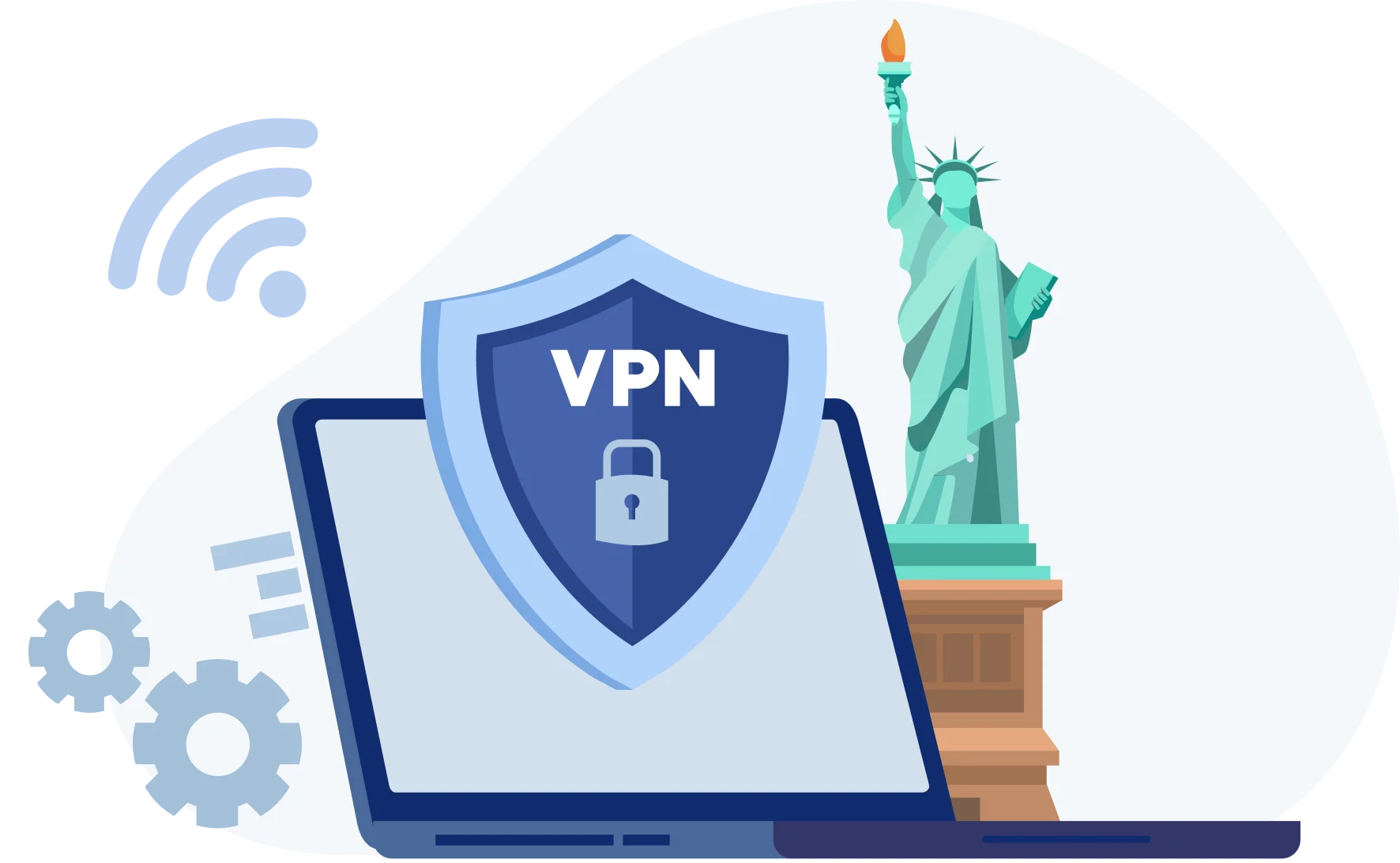
With alot of privacy risks online, many users turn to whoer.net to see how much their connection is visible. While whoer.net provides useful diagnostics to your IP, DNS, WebRTC Exposure, and browser fingerprint, it is unable to protect your data or hide your identity, and this has created the necessity for Whoer.net Alternatives.
These whoer.net alternatives can be done far more: block leaks, encrypt data, mask IP addresses, bizarre trackers, and even harden browser fingerprinting.
However, Whoer.net only provides diagnostics – it does not secure or change your connection. For stronger anonymity and privacy, users often look for alternatives or complementary tools that go beyond simple checking.
In this writing, we explain the best Whoer.net alternatives, including free and paid services for IP checking, leak testing, proxies, browsers, and VPNs, each with their key features cited from reliable sources.
Whoer.net is an online privacy diagnostic service. It assesses your internet connection and enhances your online privacy by revealing your IP address, DNS settings, and other data.
The site reports on things like your approximate geolocation, ISP, and browser details, and flags issues such as DNS leaks or exposed IPv6 addresses.
In effect, Whoer.net shows “information that the sites you visit, as well as their advertisers. It even scores your privacy and highlights any WebRTC or DNS leaks that might reveal your real IP. By running these tests, Whoer.net helps you detect vulnerabilities in your anonymity setup.
Whoer.net is a diagnostic website – it tells you how visible you are online, but it doesn’t hide your information by itself.
In practice, you would use Whoer.net whenever you want to check your privacy. For instance, if you have a VPN or proxy connected, Whoer.net can confirm whether it’s working correctly or leaking information.
According to experts, these checkers “provide real-time privacy scores to help users quickly locate security risks”. Whoer.net will flag if your VPN is inadvertently leaking your local IP via WebRTC, or if your DNS queries are going out in the clear.
This is crucial because leaking DNS or WebRTC data can expose your identity or location. As one guide puts it, you can “count on Whoer.net to help you verify your Internet connection and determine if your VPN is leaking your IP address”.
Whoer.net exists to verify that privacy tools (VPNs, proxies, etc.) are actually protecting you. It ensures you know when your anonymity is compromised so you can take action (for example, by disabling WebRTC or using a kill-switch).
Each entry is a distinct tool or service that offers some mix of IP lookup, leak testing, fingerprinting checks, or anonymity features. We include both free tools and paid services, highlighting their standout features. Below are 13 alternatives to Whoer.net, they include;

BrowserLeaks offers a suite of browser-based tests to detect privacy leaks. Its IP Address tool shows your public IP, hostname, ISP, country/region, and even tests for WebRTC, DNS, and IPv6 leaks. It also has sections for JavaScript data (user agent, screen size, etc.), Canvas and WebGL fingerprinting, font enumeration, SSL/TLS tests, and more.
BrowserLeaks checks not only IP leaks but also how much device/fingerprint information your browser is exposing. By running BrowserLeaks, you can see exactly what your browser is leaking to websites.
This thorough suite is completely free and web-based, making it a top choice to audit your browser’s privacy. (BrowserLeaks is widely cited as a Whoer alternative by traffic tools.)

IPLeak.net is a simple IP and leak testing tool, powered by the AirVPN team. It shows your current IP address, DNS addresses, and performs checks for WebRTC and IPv6 leaks. The site runs scripts to detect if your real IP or ISP DNS is visible.
IPLeak.net is a no-frills, free IP-leak checker. It won’t hide anything (it’s not a VPN), but it will quickly reveal if your system is leaking any data. Because its “powered by AirVPN”, it’s well-regarded in the privacy community.
This tool is ideal if you just want to test a VPN or proxy connection for leaks in DNS or WebRTC, without any logins or setups.
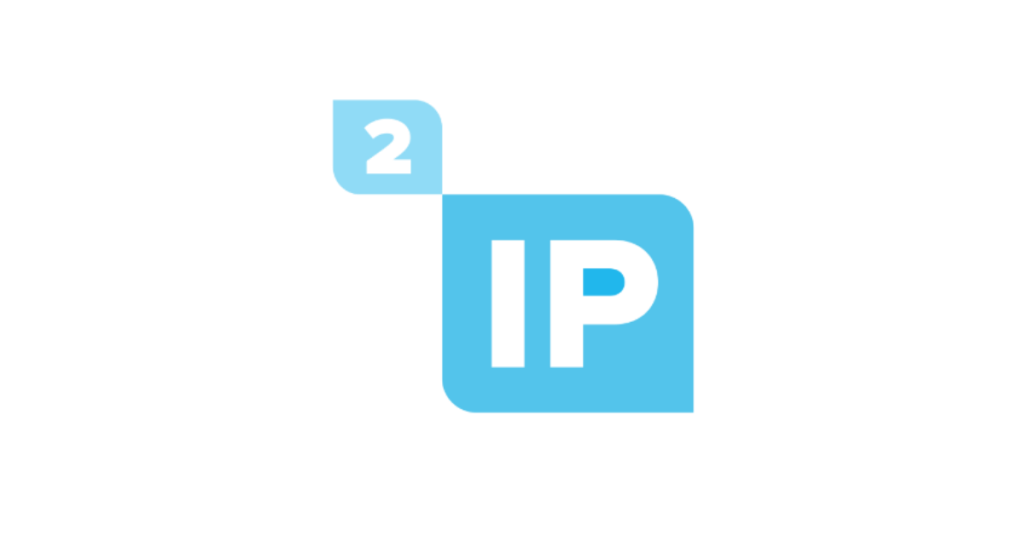
2ip.io (from the 2ip.ru network) is another web-based IP and privacy tool. It not only shows your IP and location, but also has built-in tests for DNS leaks, WebRTC leaks, and IPv6 leaks.
Unlike some checkers tied to a single VPN, 2IP’s site is independent. Besides basic checks, 2ip.io can perform extra diagnostics: it offers a speed test, even a virus detector and password manager in one suite.
For privacy, the key point is that 2IP “provides tools for checking your IP address, performing privacy tests, and diagnosing online security issues”. It will flag if your real IP shows up anywhere.
However, it doesn’t itself provide VPN or proxy – it’s purely a diagnostic site. It’s free to use and works well in any browser.

IPChicken is an old but handy site: it simply tells you your current public IP address and basic connection info. When you visit IPChicken, it instantly displays your IP (e.g. “40.116.73.218”) along with your browser’s user agent string.
It’s a one-page tool, no frills. Despite its simplicity, it’s useful for a quick IP check and is entirely free and requires no login. In essence, IPChicken is like the “What’s my IP” function of Whoer.net, but nothing more.
It doesn’t test for leaks or provide a score, it just shows the raw IP your browser is using. (Because of this, it has high web traffic.) It’s perfect if you just need to confirm your IP, especially useful on a new connection or VPN.

WhatIsMyIPAddress.com is a long-standing site for IP address information and leak tests. It shows your public IP, ISP, and geolocation instantly. More importantly, it provides specialized leak detection tools.
This site combines a basic IP lookup with practical privacy utilities. It’s free to use and widely cited for VPN testing. It won’t anonymize you, but it helps confirm whether your privacy tools are working properly.
In one guide, the site instructs users to visit WhatIsMyIPAddress.com before and after connecting to a VPN to see if the IP changed, and to use its built-in WebRTC leak test if the IP didn’t change.
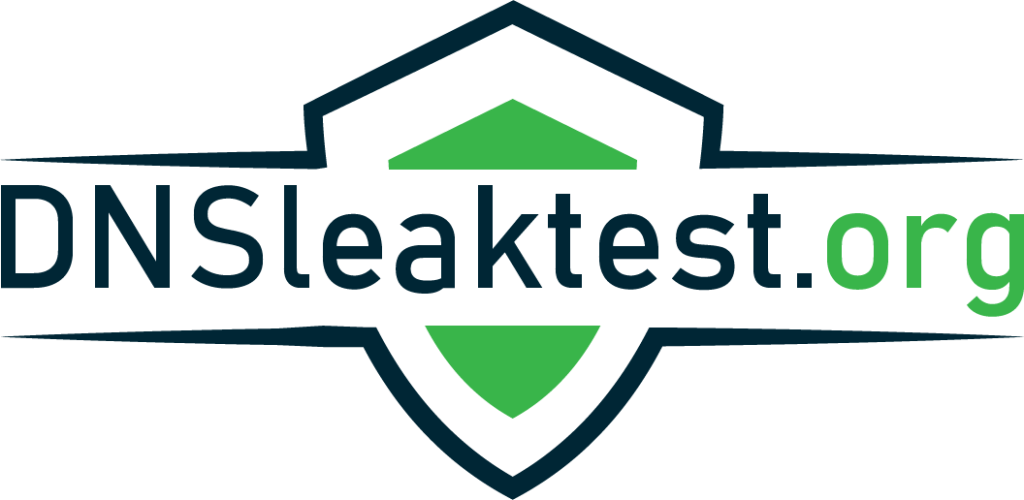
DNSLeakTest.com (often referred to as DNSLeakTest) is a specialized tool just for DNS leaks. It’s frequently recommended for verifying privacy. The site offers short and extended tests: it sends DNS queries and checks which DNS server responds. If the DNS server shown is your ISP’s instead of your VPN’s, you leak.
DNSLeakTest.com is free with no registration and very easy – just click a button and watch the results. Although it only tests DNS (unlike Whoer, which does full diagnostics), it’s crucial because DNS leaks are subtle and dangerous.
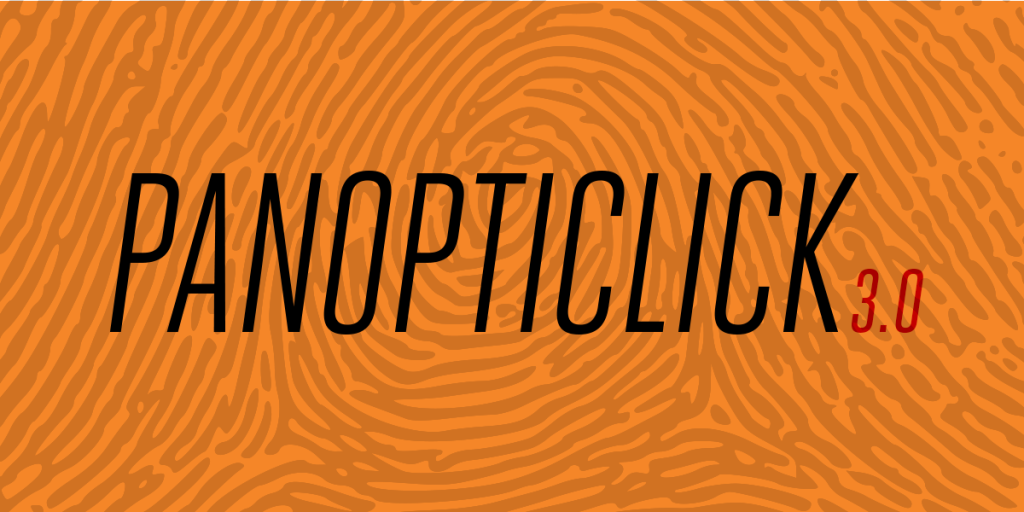
This tool from the Electronic Frontier Foundation (EFF) goes beyond IP to test browser fingerprinting. When you run Panopticlick, it simulates trackers and measures how unique your browser’s fingerprint is.
It analyzes your user-agent, screen size, plugins, and more to see how easily you can be identified. Unlike Whoer’s focus on IP leaks, Panopticlick shows how well you resist advanced tracking.
If your browser has certain extensions or a unique configuration, Panopticlick will flag that you are highly identifiable. It even tests for known trackers on an “Acceptable Ads” list. It is completely free and volunteer-driven (EFF collects anonymous data to improve privacy tools).
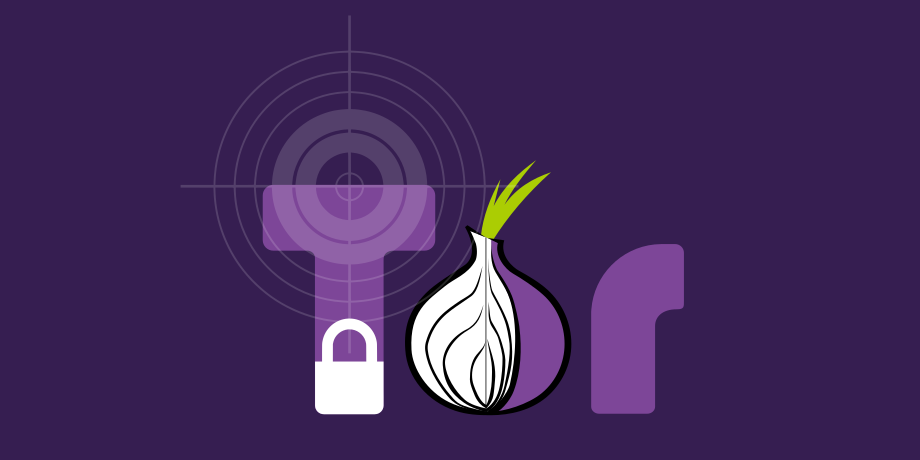
The Tor Browser is a full privacy solution, not just a checker. It routes your traffic through the Tor network of relays, anonymizing your IP and encrypting data. Because of its unique design, Tor is mentioned on Whoer’s site as a way to circumvent censorship and block tracking.
Tor Browser uses “multi-layered encryption (onion-routing) to hide your IP address from sites and your ISP, and helps resist fingerprinting by standardizing its browser profile across users. Tor is completely free (open-source) and maintained by a nonprofit.
As an alternative to Whoer.net, Tor doesn’t test leaks; it prevents them by design – you browse in a highly anonymous mode. The downside is it can be slower (the traffic bounces through multiple relays), but for maximum privacy, it’s unbeatable. Tor Browser is often recommended alongside VPNs as a strong anonymity tool.
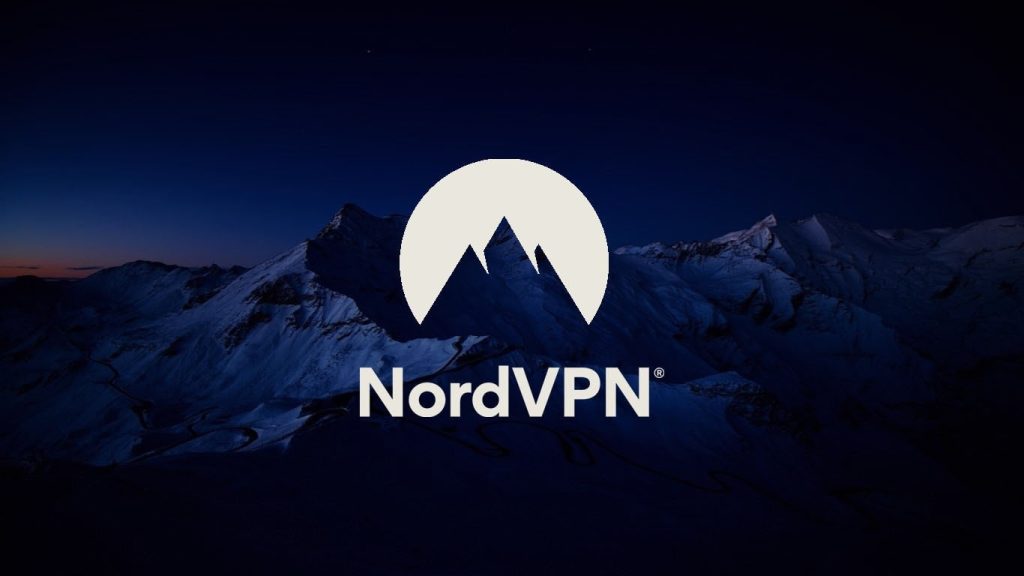
NordVPN is one of the top commercial VPN providers. While Whoer.net is just a checker, NordVPN encrypts your traffic and hides your IP in real time. It offers over 5,200 servers in 60+ countries, advanced encryption (AES-256), and a strict no-logs policy.
NordVPN explicitly states it does not keep logs of user activity. Key features include a built-in kill switch (disconnects Internet if the VPN fails), DNS leak protection, and WebRTC leak blocking.
NordVPN also supports split tunneling, double VPN (routing through two servers), and specialty servers (like Onion over VPN). It’s a paid service with monthly/annual plans, but frequently highly recommended for its speed and security. (Note: always use reputable paid VPNs over unknown free ones for serious privacy.)

ExpressVPN is another leading VPN provider known for speed and security. Like Nord, it has thousands of servers worldwide and uses military-grade encryption. Its security feature set is robust: a kill switch (called “Network Lock”) that cuts your internet if the VPN connection drops, preventing any IP leaks.
It also provides “leak prevention” to hide DNS and WebRTC data. ExpressVPN is fast and user-friendly, with apps for all platforms. It’s a paid service (with a 30-day money-back guarantee).
As a Whoer alternative, ExpressVPN conceals your IP (so Whoer would see the VPN’s IP instead of yours) and proactively blocks the leaks that Whoer.net would normally detect.
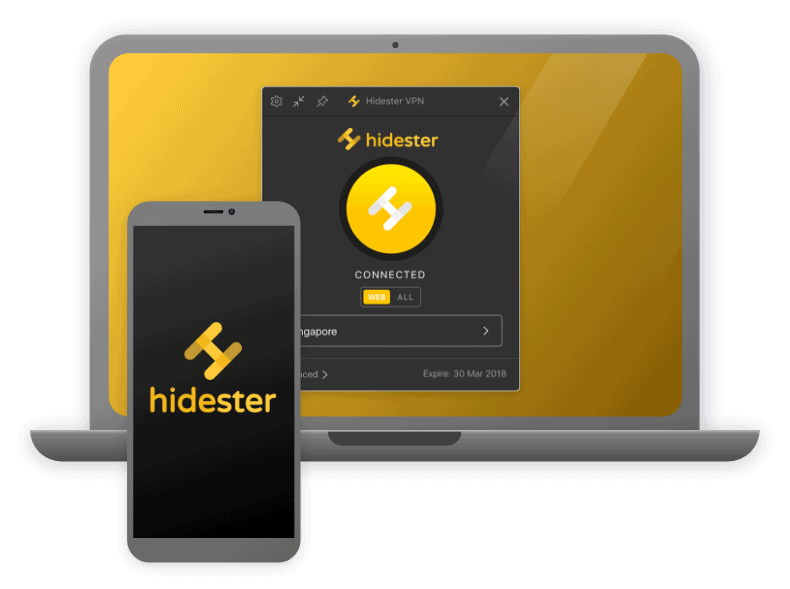
Hidester is a service that provides both a web proxy and a VPN app. Its free online proxy that lets you browse anonymously through a web interface (you paste a URL and it fetches it via Hidester’s server).
It’s useful for occasional anonymity (via the proxy) and full privacy (via the VPN). The combination of free and premium options makes it a versatile Whoer alternative, especially since it emphasizes “anonymous and secure browsing”.
It uses SSL encryption even on the free proxy, so your data is protected. Key features (from Hidester) include military-grade encryption, global server coverage, and a strict no-logs policy.
The free proxy doesn’t require registration and hides your IP, but has limited speed/locations. For stronger anonymity, Hidester also offers paid VPN apps (with faster servers and more features).
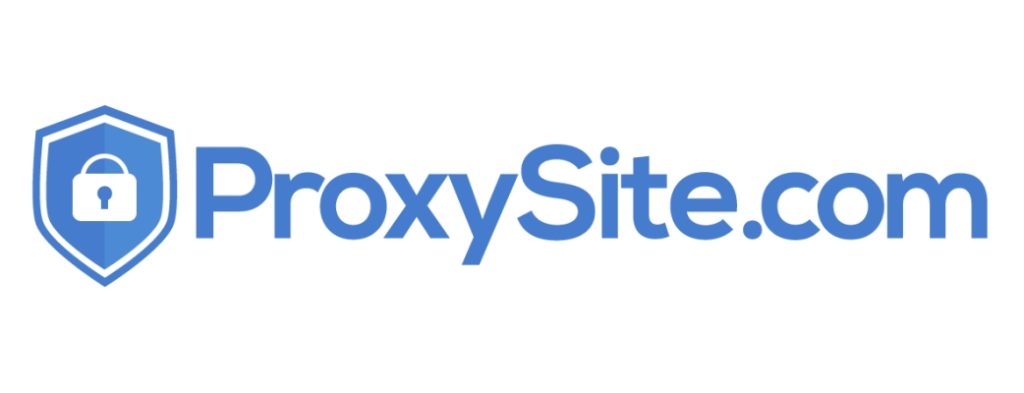
ProxySite.com is a free web proxy that lets you browse any site anonymously through its web interface. You simply enter the URL and select a US or EU server, and ProxySite fetches the site for you.
By design, it “hides your real IP address, allowing you to browse the web without being tracked”. It also uses SSL encryption on its proxy, so data remains secure even on public Wi-Fi. Servers in the US and Europe mean faster speeds and the ability to bypass some geo-restrictions.
ProxySite has no account or login – it’s instantly usable. The downside is it only hides browser traffic, not whole-device (and free servers can be slower at peak times). For serious privacy, ProxySite offers an optional premium VPN upgrade, but the free proxy alone is a solid Whoer.net alternative if you only need occasional anonymous browsing.

BearVPN is a full VPN service that markets itself as “free, secure, and private”. In comparison, BearVPN is often cited as a comprehensive Whoer alternative.
It not only hides your IP and encrypts traffic (even on the free plan), but also has built-in leak protection. This means if you use BearVPN, tools like Whoer.net will see one of BearVPN’s IP addresses instead of yours, and DNS/WebRTC leaks should not occur.
BearVPN also boasts a large network: “5000+ servers across 120+ locations” allow unrestricted browsing and easy bypass of geo-blocks. BearVPN offers both free and paid plans, with the free version (while limited in servers) still enforcing no-logs and leak protection.
potential security threat originating from the identified IP address
a website that offers tools and services for checking internet connection information and enhancing online privacy and anonymity.
browserleaks.com, ipleak.net, and 2ip.io
Whoer.net is a handy digital diagnostic tool. But for actual privacy and anonymity, you need more than a checker. The alternatives for Whoer.net mentioned above offer various ways to secure or test your connection.
Each alternative has specific strengths –Depending on your needs (simple IP lookup vs. full anonymity), you can mix and match these tools.
After using a VPN or proxy, you can revisit these sites to double-check that your real IP and DNS are hidden. Using a combination of these alternatives will give you a much stronger privacy posture than Whoer.net alone.